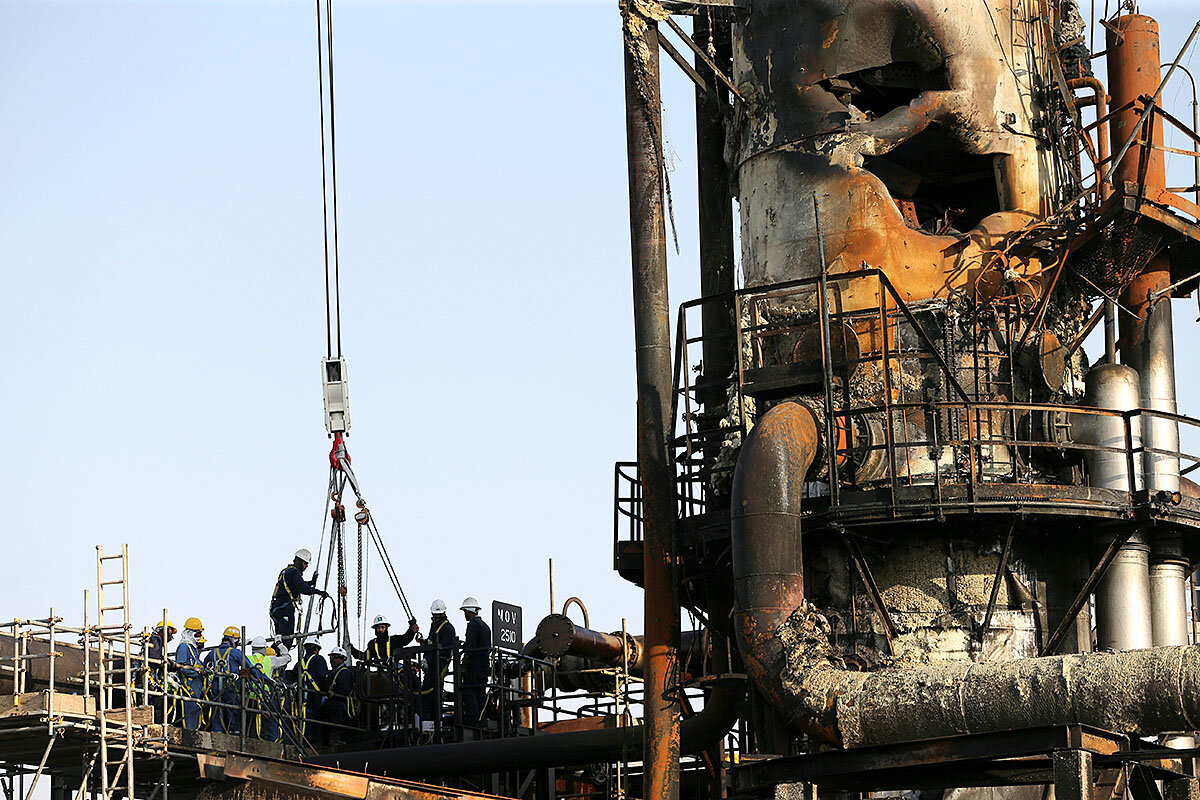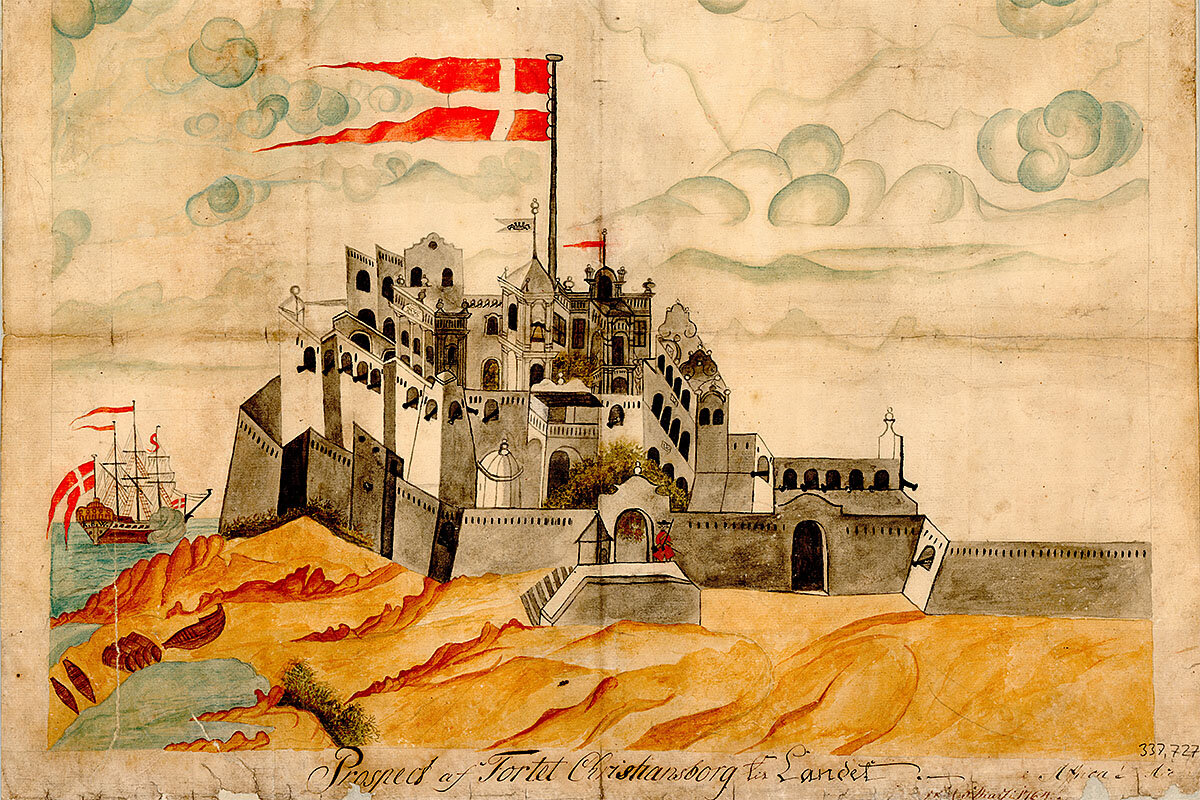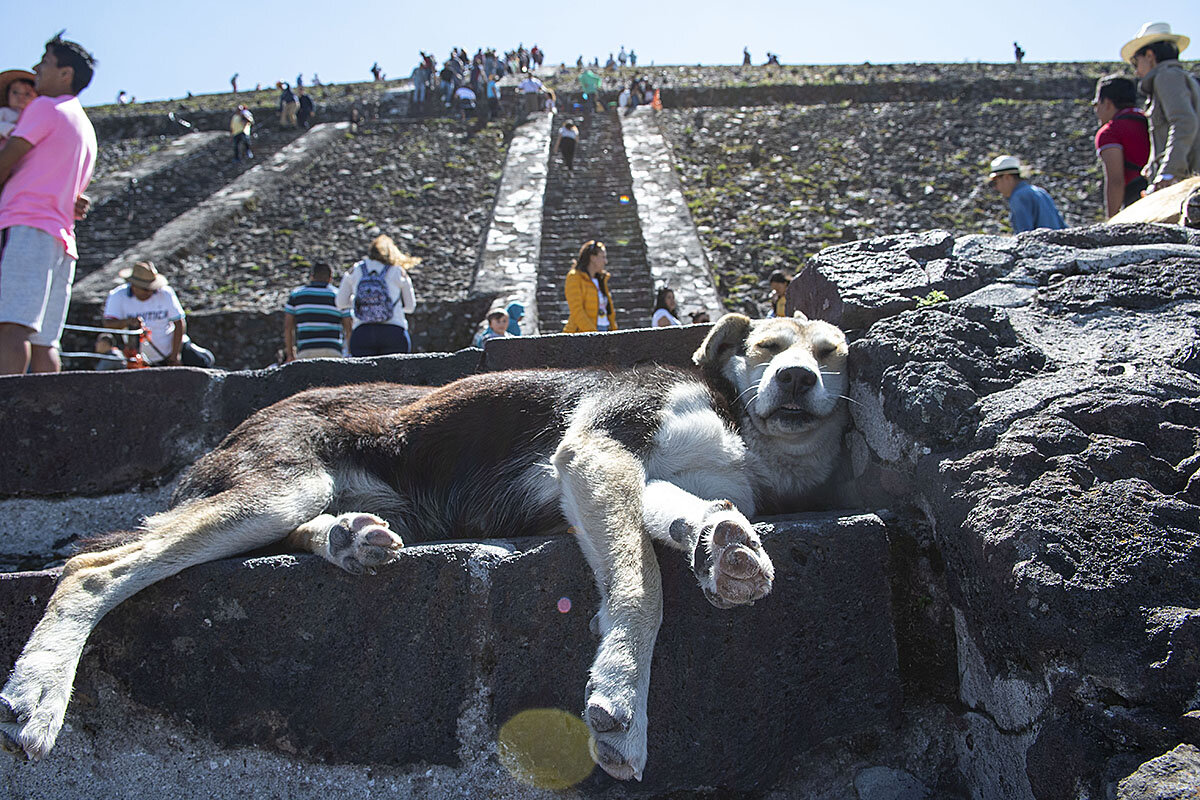The latest news about a presidency that’s been stress-testing constitutional limits got Monitor editors talking about shifting “norms between the laws,” and how U.S. democracy might adjust.
Monitor Daily Podcast
- Follow us:
- Apple Podcasts
- Spotify
- RSS Feed
- Download
 Clayton Collins
Clayton Collins
Today we look at how shifting political norms test the Constitution, where multinationalism is spurned and sought, completeness (despite discomfort) in a historical record, and promises around social equity in higher ed.
First, the weekend was bookended by a climate strike and today’s action summit.
Urgency can bring out fighters. “We need to get angry and understand what is at stake,” teen climate activist Greta Thunberg told Democracy Now recently. For Emily Atkin, anger was the motivator for her blog, Heated. “I strongly believe that anger, carefully directed, is essential to ... effective action,” she told the Columbia Journalism Review.
But hope is a motivator, too, even among longtime warriors you’d expect to be tired.
“We have the technology we need,” Al Gore wrote yesterday in The New York Times, calling for the will to deploy it. “We’re dancing as nimbly as we can,” wrote Bill McKibben in Time, writing from an imagined 2050, a time of global trust, “and so far we haven’t crashed.”
Hope is not a strategy, but it can be a constructive orientation. One essayist worries that nurturing her son’s love for nature – not just teaching him to combat its perceived enemies – might set him up for a hard future if losses mount.
“[K]ids who play in the woods become adults who [take] care of the planet,” writes Rebecca Hesiman in High Country News. “But ultimately, it wasn’t the statistics that made up my mind. It was a feeling – hope. Taking our son camping has become my stubborn way of hanging onto hope that a beautiful future is still possible.”










